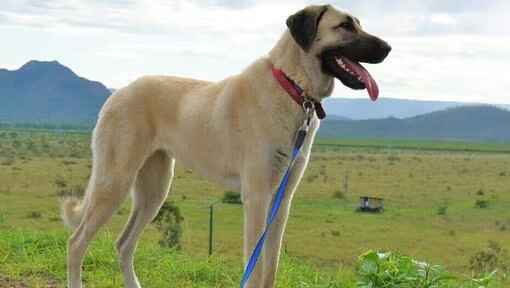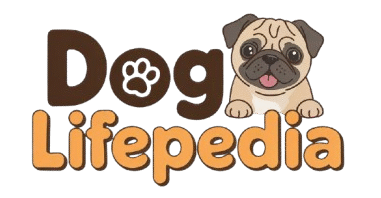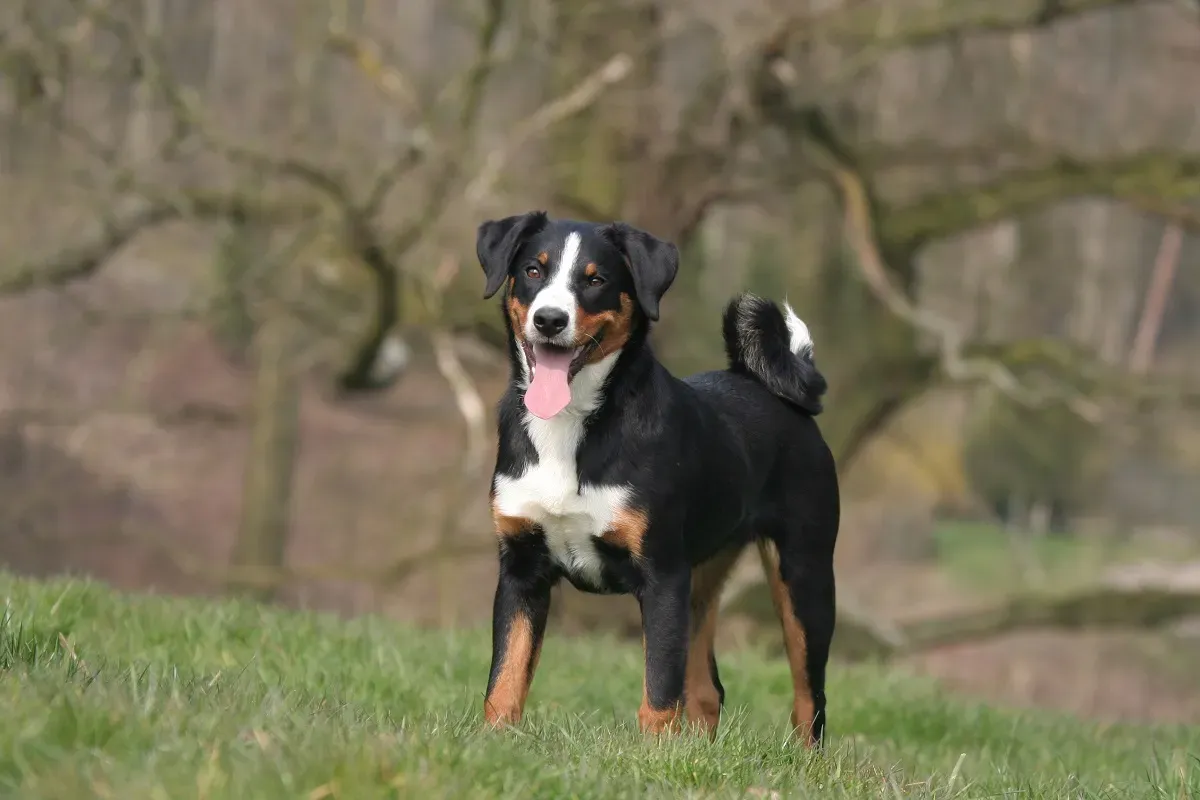
Anatolian Shepherd Dog
Heena
May 21, 2025

The Anatolian Shepherd Dog is a powerful and ancient guardian breed with a noble heritage. Originating from the rugged landscapes of Turkey’s Anatolian Plateau, this dog was bred to independently protect livestock from predators such as wolves and bears. With its imposing size, calm temperament, and fearless loyalty, the Anatolian Shepherd is ideal for experienced dog owners who value instinct, intelligence, and reliability.
In both the USA and UK, the Anatolian is appreciated not only for its working ability but also for being a protective and devoted companion in rural or spacious homes.
Breed Overview
- Breed Name: Anatolian Shepherd Dog
- Group: Working (AKC), Pastoral (UK Kennel Club)
- Origin: Turkey
- Height: 27–29 inches (males), 25–27 inches (females)
- Weight: 90–150 lbs (41–68 kg)
- Life Expectancy: 11–13 years
- Temperament: Loyal, alert, independent, protective
Breed Colors & Markings
Anatolians have a short to medium double coat that’s weather-resistant, perfect for guarding in harsh climates. Coat colors include:
- Fawn with a black mask (most common)
- White, brindle, pinto, red fawn, liver, or blue fawn
- Some may have white markings on the chest, toes, or tail tip
Their dense undercoat and rugged appearance give them a bear-like sturdiness.
Temperament & Personality
The Anatolian Shepherd is a true guardian breed—serious, composed, and deeply devoted:
- Protective and territorial: Will defend property and family without hesitation
- Independent: Can think and act without guidance, especially in a working role
- Loyal but aloof: Affectionate with family but wary of strangers
- Not overly playful: Reserved and calm rather than bouncy or silly
This is not a breed that seeks constant affection—it shows love through loyalty and vigilance.
Communication & Intelligence
Anatolians are intelligent, observant, and often silent but watchful:
- Minimal barking: Unless something is truly amiss
- Non-verbal cues: Use posture, eye contact, and positioning to communicate
- Independent problem-solvers: They make decisions based on logic, not emotion
They’re not “obedient” in the traditional sense—but they’re incredibly smart.
Health & Lifespan
This breed is generally healthy and hardy, with a strong constitution, but potential health concerns include:
- Hip and elbow dysplasia
- Entropion (inward-turning eyelids)
- Hypothyroidism
- Bloat (gastric torsion)
Responsible breeders screen for these conditions. With proper care, Anatolians live 11–13 years, which is long for a giant breed.
Grooming Needs
Anatolians have relatively low grooming needs:
- Brushing: Weekly, or daily during seasonal shedding (spring and autumn)
- Bathing: Every few months or when dirty
- Nails: Trim monthly
- Ears: Check regularly for wax or debris
- Teeth: Brush 2–3 times per week
Despite their rugged looks, Anatolians are naturally clean and low-odor dogs.
Exercise Requirements
While they’re not hyperactive, Anatolians need room to roam and patrol:
- Daily walks: 30–45 minutes
- Free movement: Best in large, securely fenced yards or farmland
- Mental stimulation: Independent problem-solvers enjoy challenges like scent work or light obedience
- Avoid repetitive games: They don’t respond to fetch or agility like more playful breeds
Without proper space and purpose, they can become bored and stubborn.
Training & Socialisation
Training an Anatolian requires respect, consistency, and patience:
- Start early: Puppy training and socialisation are critical
- Use positive reinforcement: Treats and calm praise work best
- Avoid punishment: It can make them defiant or distrustful
- Socialise heavily: Introduce to new people, animals, and environments to reduce overprotectiveness
These dogs require a confident handler, ideally with experience in large or guardian breeds.
Nutrition & Diet
Feeding a large working dog requires careful management:
- High-quality large-breed dog food: Formulated for joint health and steady growth
- Feeding schedule: 2 meals a day
- Avoid overfeeding: To prevent bloat and obesity
- Fresh water: Always available
- Supplements: Consider glucosamine and omega-3s (consult your vet)
Puppies should not grow too fast—rapid growth can cause orthopedic issues.
What to Expect as an Owner
Expect a dog that is:
- Quiet and observant
- Highly protective of family and property
- Independent-minded and not eager to please
- Well-suited to rural life or homes with secure land
- Unsuitable for city or apartment life
They are not ideal for first-time dog owners, but in the right hands, they are magnificent protectors and companions.
Is the Anatolian Shepherd Dog Right for You?
If you’re looking for a dog that is fiercely loyal, independent, calm, and protective, the Anatolian Shepherd may be the perfect match. They’re ideal for farms, ranches, or large countryside homes where they can guard and roam.
However, they are not suited to urban living, small yards, or owners who want a dog that’s cuddly and constantly interactive.
Final Thoughts
The Anatolian Shepherd Dog is a rare blend of ancient instincts and modern loyalty. With proper training, space, and an understanding of their guardian nature, they make extraordinary protectors and companions. For experienced dog owners who value dignity, strength, and independence, the Anatolian is a treasure of a breed.

